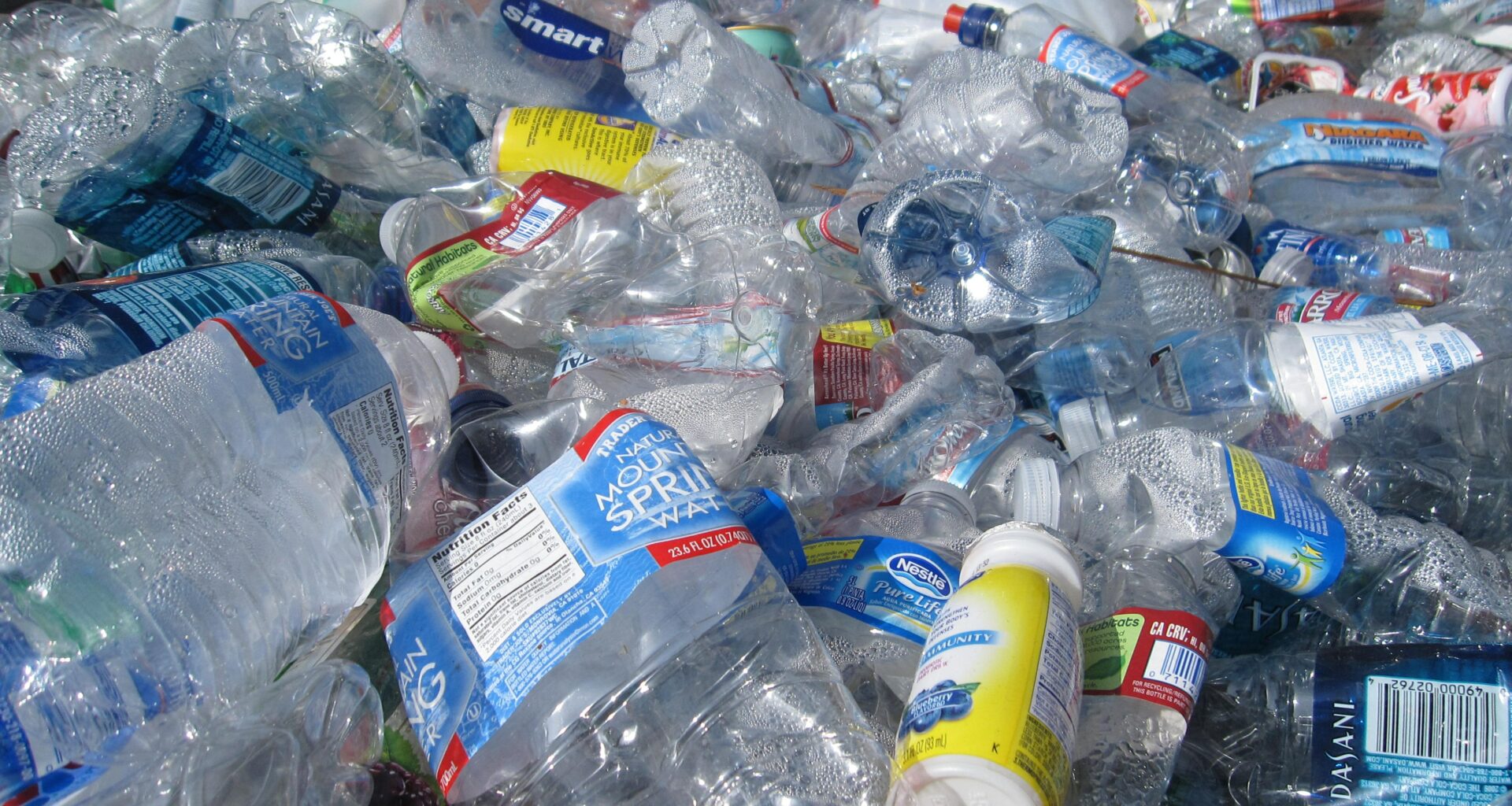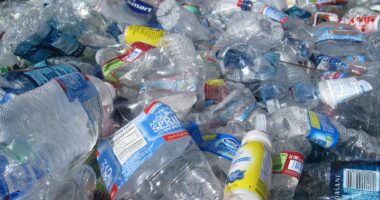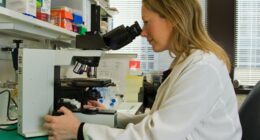It seems that everyone is at least generally aware of the issues surrounding plastic waste. Ocean pollution has been widely reported, the ability to recycle plastic has been greatly curbed since China stopped importing waste from the West, and single use plastics have been the subject of legislation and corporate initiatives over the past few years.
A couple of recent reports highlight just how deeply plastic pollution has penetrated into our lives, and this time the problems have to do with personal human health. If people were ever motivated to find solutions, these stories might be the impetus.
Two Recent Studies
First, scientists published a study which found that microplastics have been found in penis tissue samples taken from 4 out of 5 men. The researchers used a previous study finding microplastics in human heart tissue as a basis for the new research. The men had been diagnosed with erectile dysfunction, but scientists do not yet know if there is a connection between the microplastics and the ED condition.
Seven different types of microplastics were found, with the most common being polyethylene terephthalate (PET) and polypropylene (PP). PET is commonly used for soft drink and water bottles, as well as other types of food packaging. PP is also used for food packaging along with a wide variety of other applications across industries.
A second recent study found that people with microplastics and nanoplastics in the plaque blocking their arteries were more nearly five times more likely to suffer a cardiovascular event than those without microplastics in their plaque. It’s the first time microplastics have been linked directly to cardiovascular disease.
The study looked at arterial plaque from 257 patients scheduled to have surgery for carotid artery stenosis, finding nano- and microplastics in 150 of those patients. Study participants were followed for an average of 34 months after the surgery, and the ones with the plastic in the plaque suffered cardiovascular trauma at a much higher rate than those without plastic in the plaque. The researchers have found an association between the plastic particles and subsequent negative health events, but further studies would be needed to pin down the exact causes.
A Potential Recycling Solution
Aduro Clean Technologies, Inc. (CSE: ACT) (OTCQB: ACTHF) (FSE: 9D50) has been developing its Hydrochemolytic™ Plastic Upcycling (HPU) technology for the past several years and is nearing the commercialization stage of development. HPU was developed to handle various forms of polystyrene, polyethylene, and polypropylene. These account for about 50% of total plastic production, or about 200 million tonnes annually. HPU’s scalable technology is capable of efficiently processing all of these without much sorting or cleaning, and using less energy and creating significantly lower emissions than current technologies. And none of the current technologies can handle the variety of plastic types that HPU can.
Aduro recently shared incredibly efficient results from its polypropylene test runs, representing just a sampling of the testing the company has completed utilizing various feedstocks for its potential clients. 95% of the polypropylene was converted to highly saturated hydrocarbon feedstock that doesn’t require further processing to be used to form commercially viable second generation products. Only 5% went to waste, as carbon and fuel gas.
You can learn more about Aduro’s technology, development, and opportunity by watching this in depth interview of Yazan Homsi, a key investor in the company.
Plastic Recycling Solution is Here $ACT $ACTHF
The Market Opportunity
According to Fairfield Market Research, the chemical plastic recycling market is projected to reach US$50 billion (EUR$47 billion) by the year 2030. The report highlights several market forces converging to create very high demand for new recycling technologies like HPU. Factors include circular economy initiatives, government incentives and policy support, and cross-industry strategic partnerships that are driving the sector forward.
Major challenges cited in the report include economic viability due to high levels of capital investment and operating costs, and quality of feedstock (sorting and cleaning). HPU has answers for both of these issues with minimal sorting/cleaning needs paired with significantly lower requirements for both operating costs and initial investment.
Investors are encouraged to follow Aduro Clean Technology’s progress as it nears full commercialization. HPU offers many advantages over current methods, and the company has been engaging with multinational giants across the plastic industry spectrum to test and refine the process using a wide range of feedstock. Keep an eye on this one.
image sources
- tanvi-sharma–4bD2p5zbdA-unsplash: Photo by tanvi sharma on Unsplash










